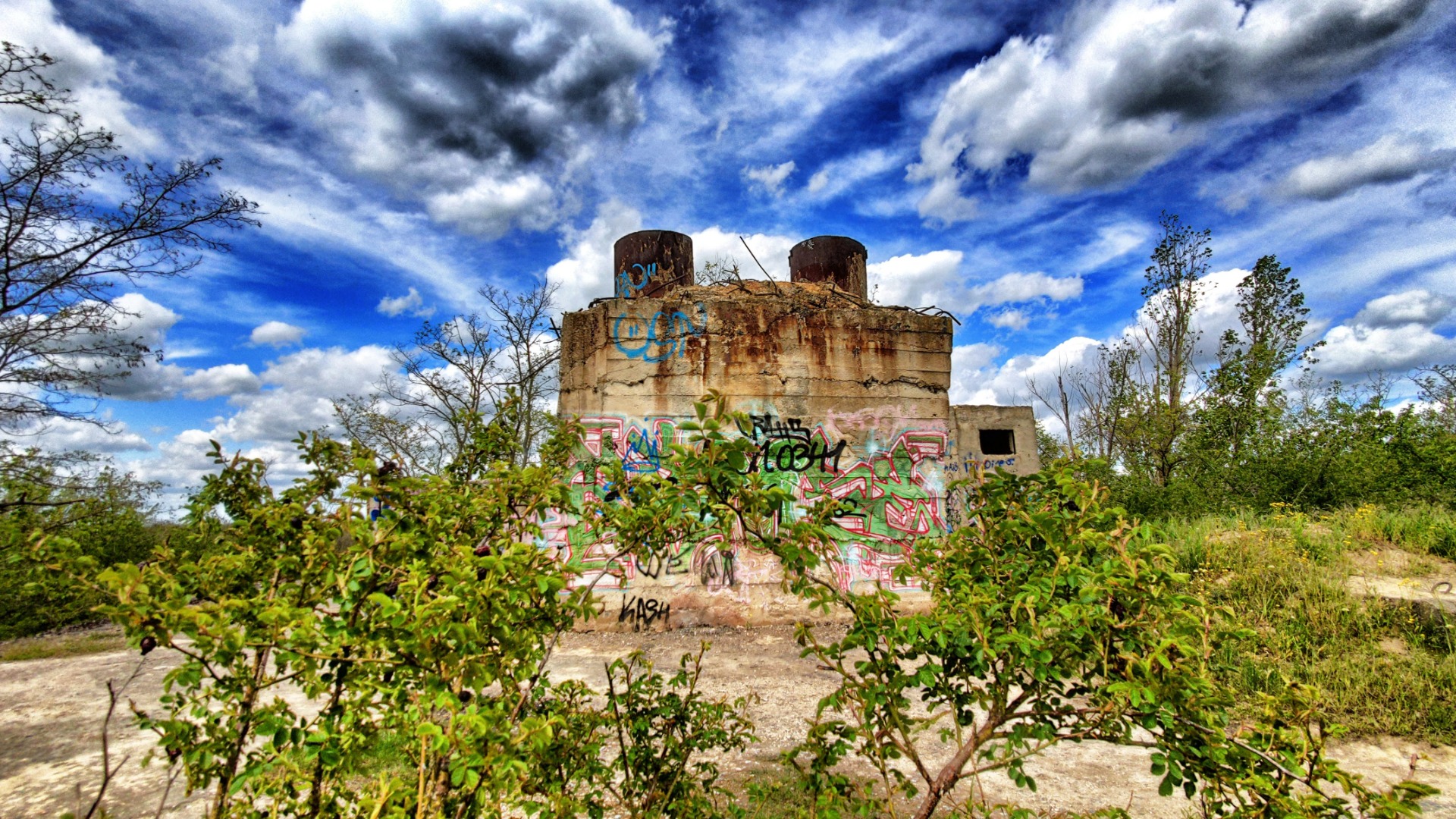Deep beneath a hill overlooking Lake Geiseltal, a forgotten Soviet bunker from the final days of the GDR lies frozen in time. Once a secret command post for a war that never came, UK-27/4 now lures adventurers and partygoers into its dark, dusty corridors.
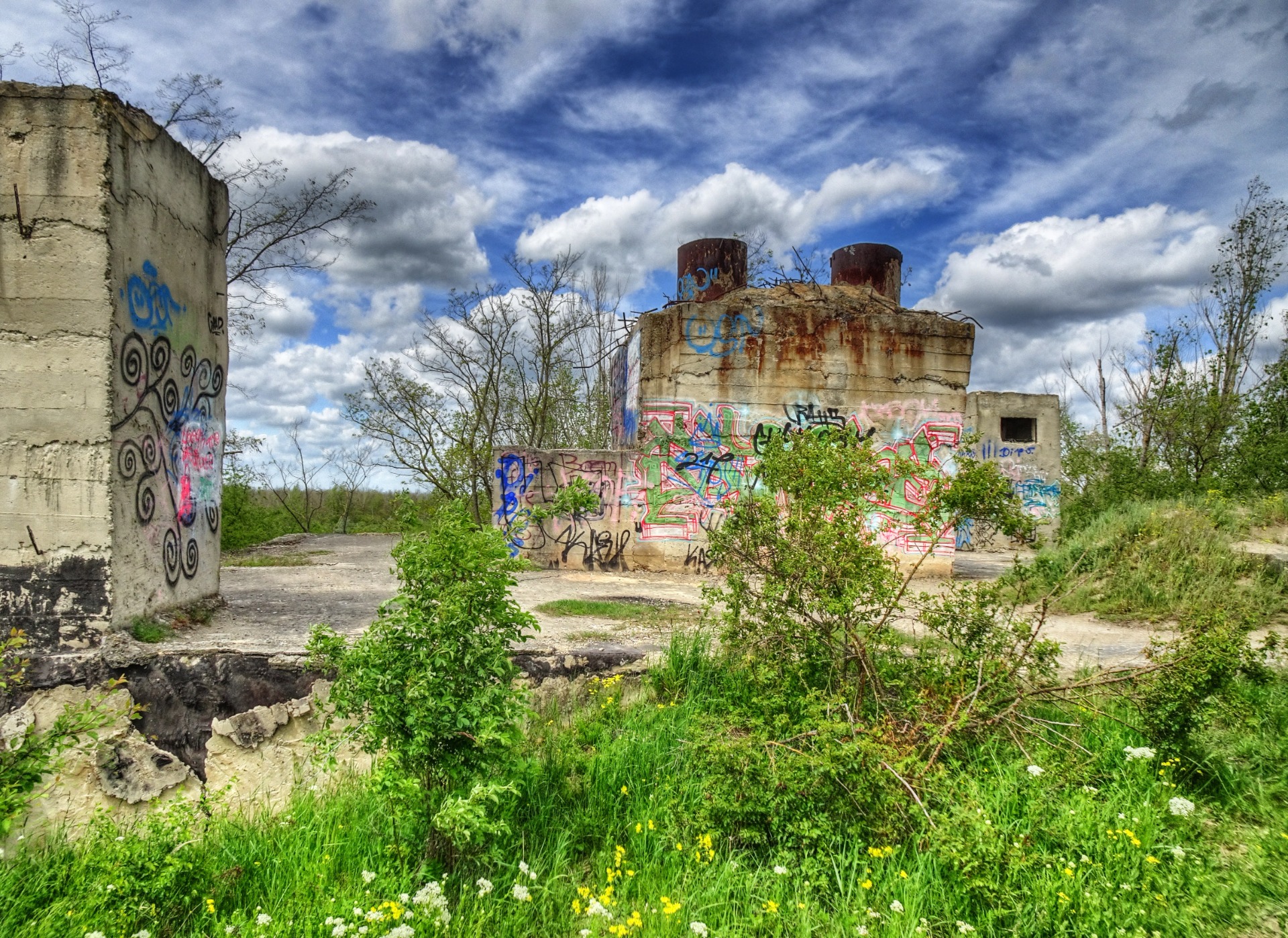
Guided only by a thin string and flickering flashlights, explore a Cold War relic where reinforced concrete stands untouched, graffiti whispers secrets, and the ghosts of a lost era linger. Dare to uncover the hidden history of this abandoned fortress, a haunting testament to a world on the brink.
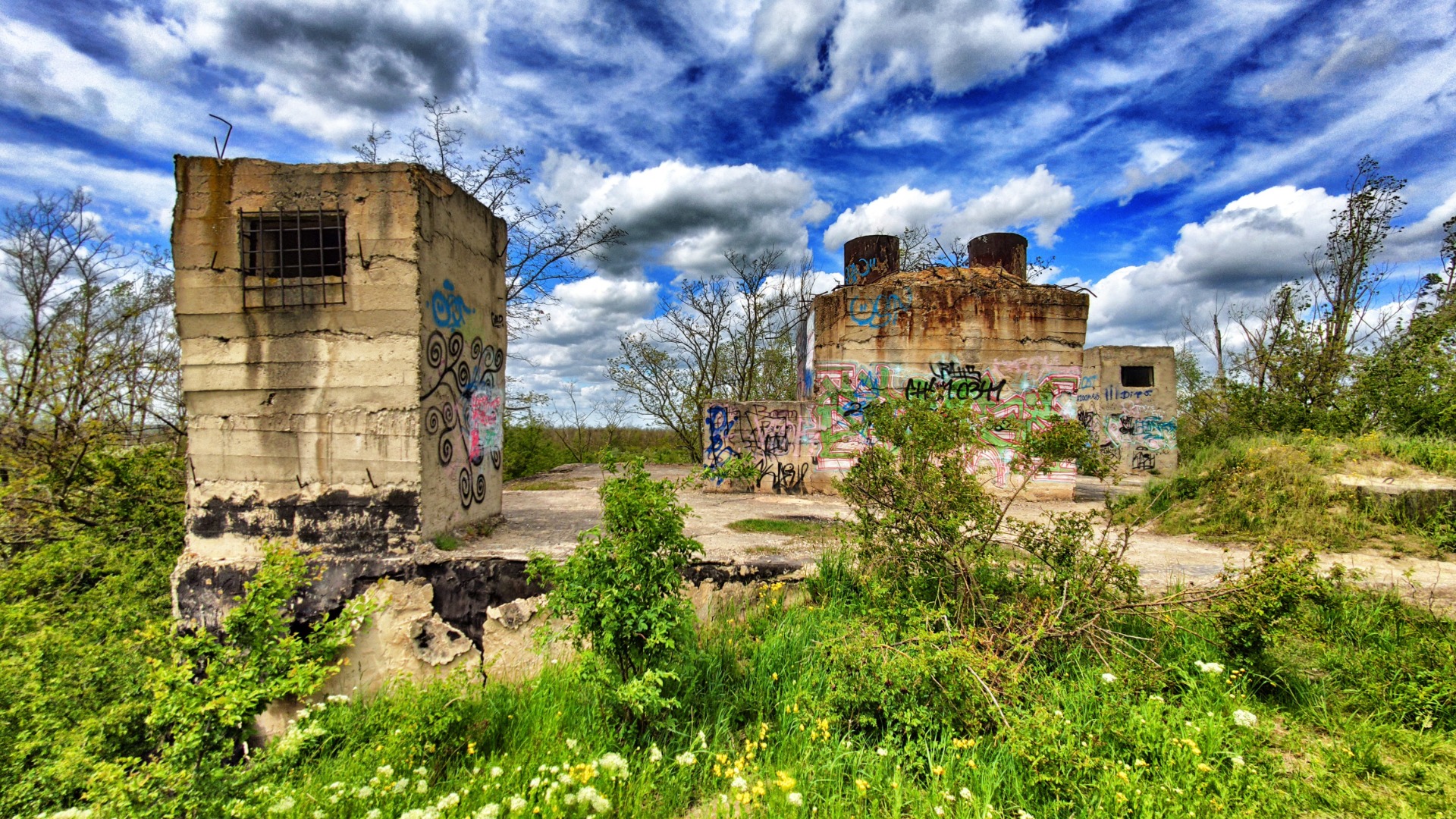
Build by the Soviet Army
On a hill above what is now Lake Geiseltal, the Soviet Army built a bunker during the final years of the GDR. The site has since become a destination for the curious and a party spot for young people.
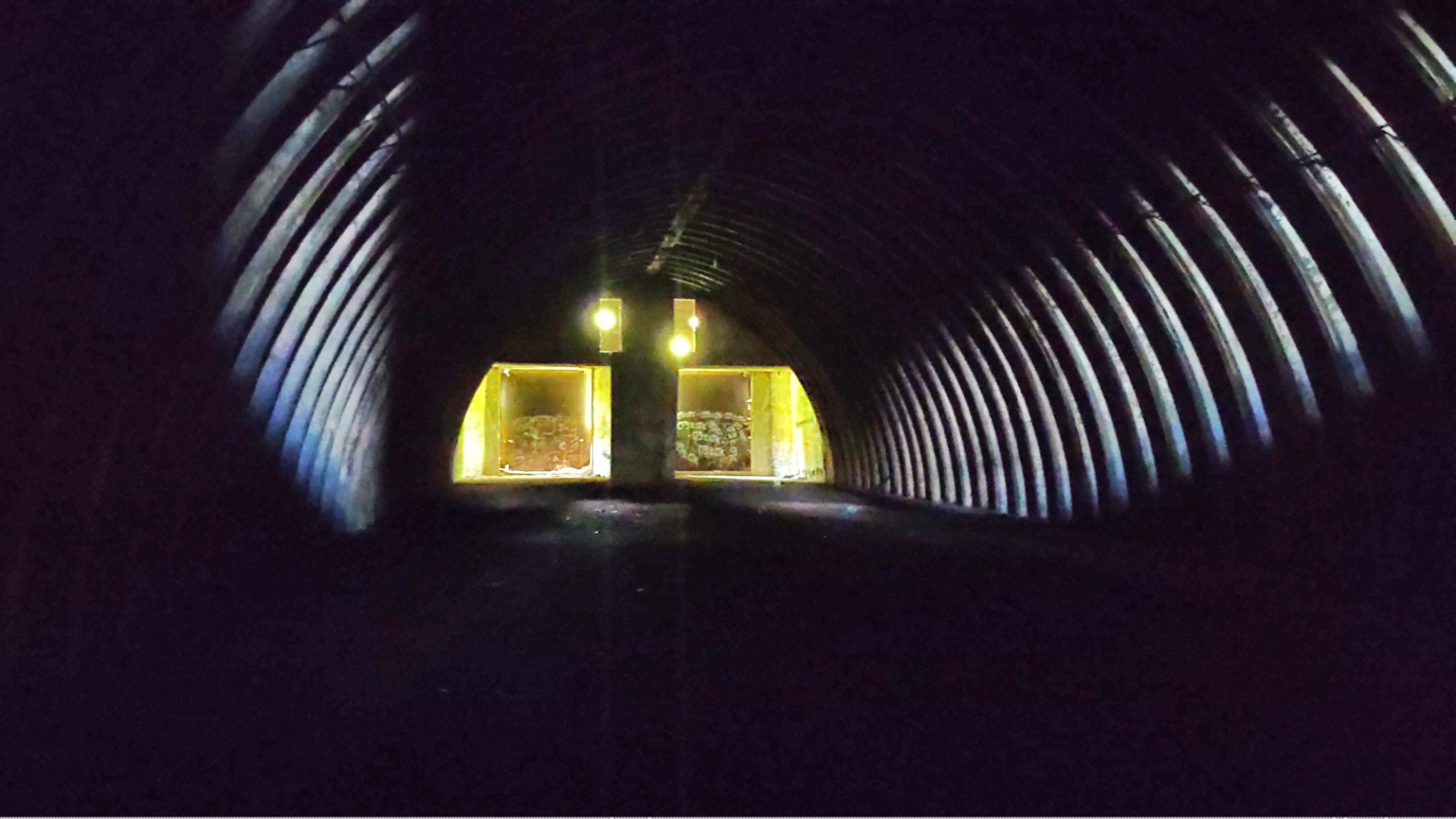
Fortunately, a previous visitor strung a thin string that is impossible to miss, even in the flickering flashlight. Without light and without the rope winding its way through the winding corridors and rooms of the command bunker UK-27/4, it's easy to lose your bearings.
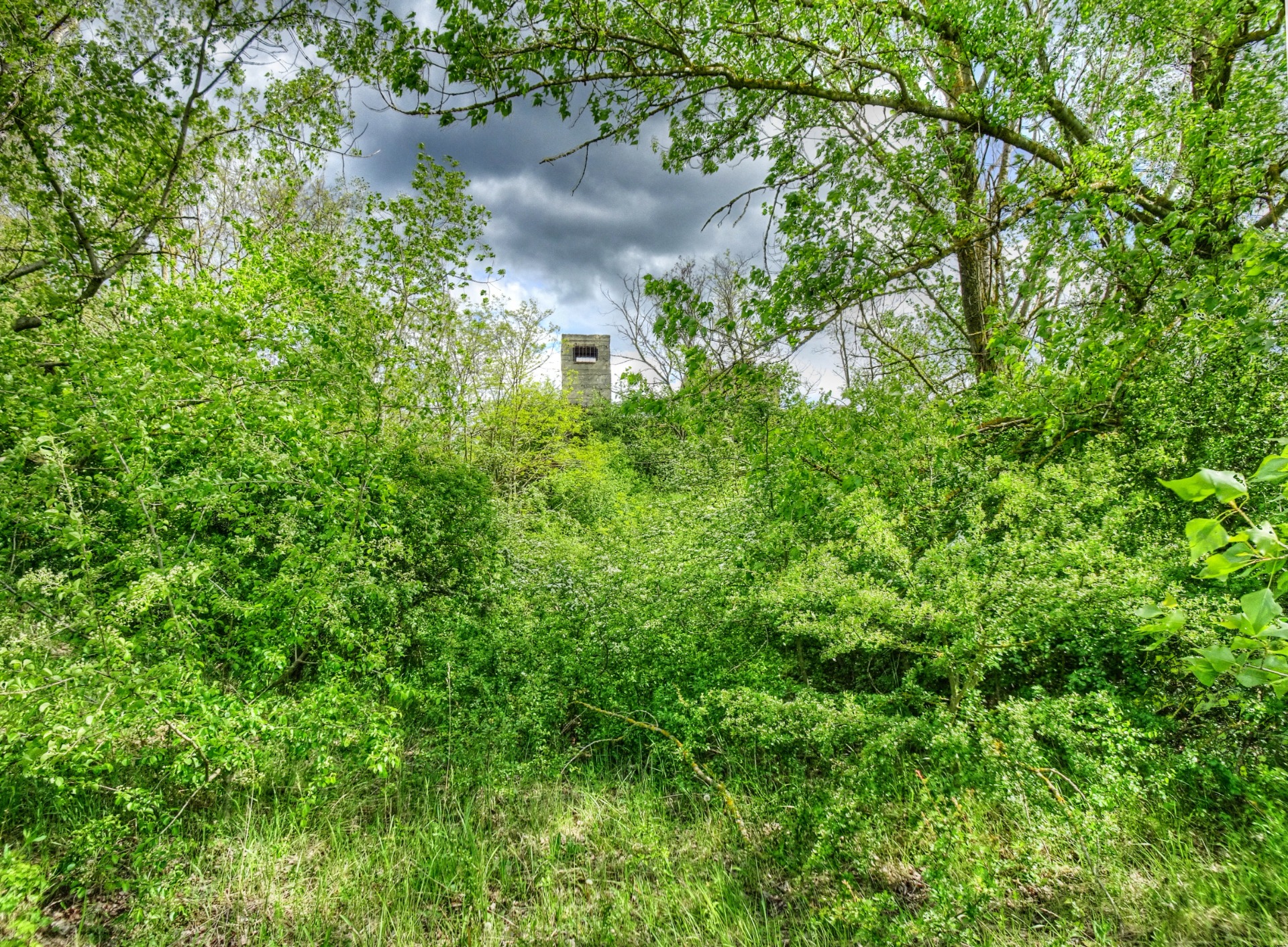
Two levels underground, near Klobikau on the slag heap above Lake Geiseltal, the air smells of dry dust and the past. Only occasionally does an "exit" marker appear; at one point, a rope even hangs from a roof hatch into a narrow passageway, and here and there, a forgotten beer bottle lies in the way.
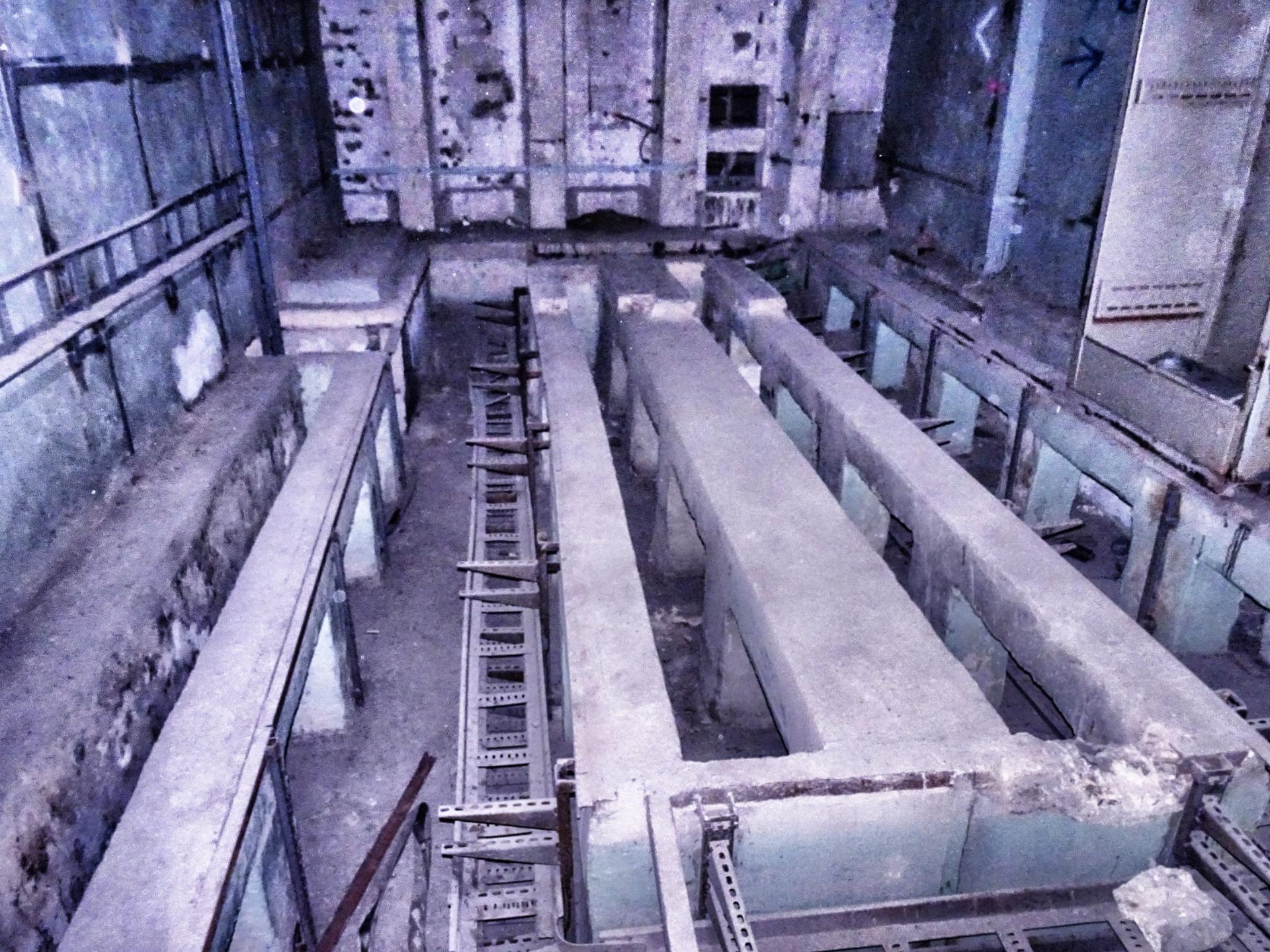
An Aviation Division
Apart from that, it looks as if the 45th Radio Engineering Brigade of the 6th Guards Fighter Aviation Division of the Soviet Army was supposed to fight in World War III: everything is cleared out, dark, and barely etched by the ravages of time.
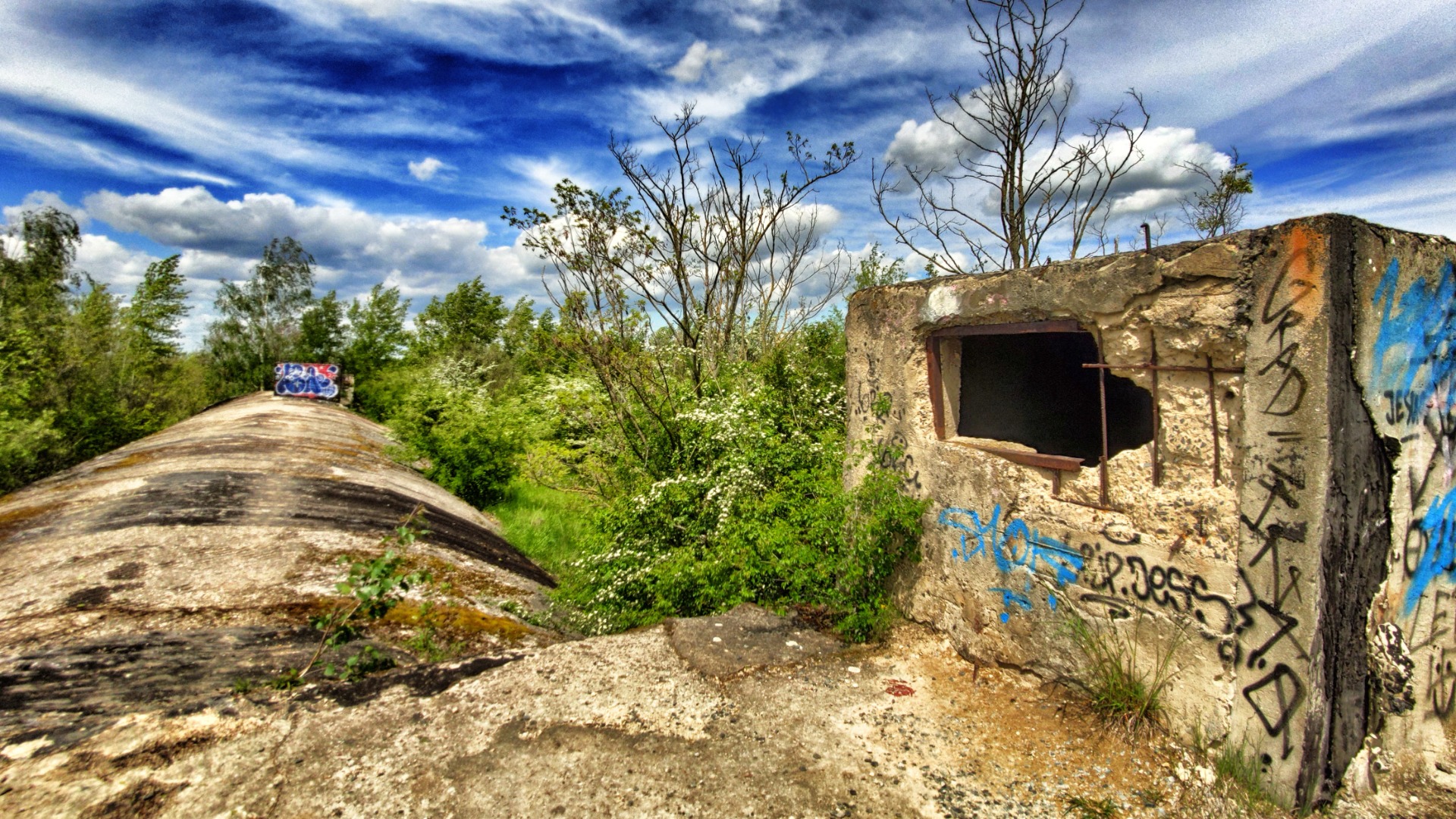
The masonry inside, with almost 3,000 square meters of usable space, is dry, the reinforced concrete smooth. There's hardly any rust on the iron parts, even the large garage doors still close tightly.
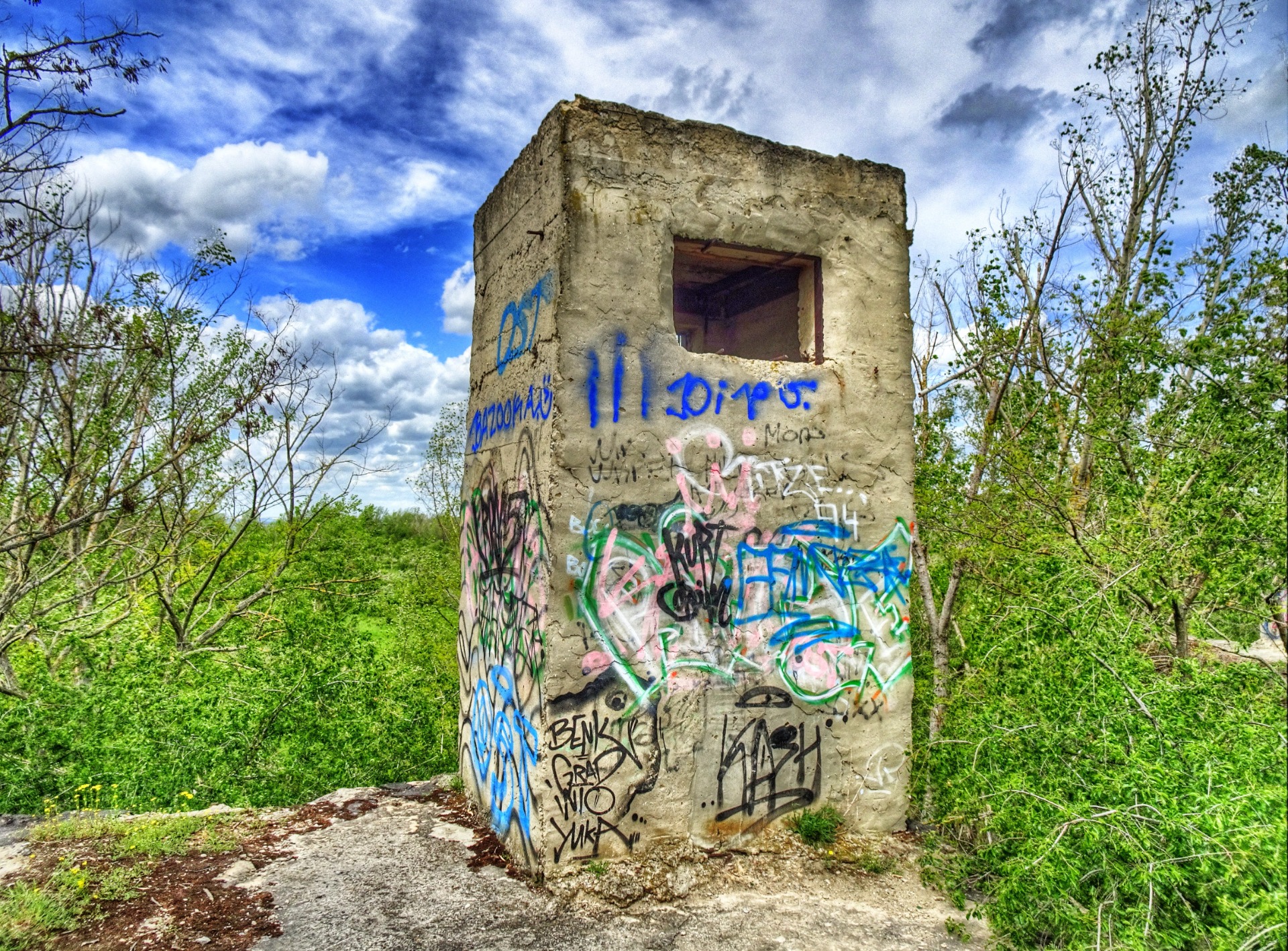
This building was planned as the new command post for the Southern Air Defense Force of the Group of Soviet Forces in Germany (GSSD). But it wasn't a high-tech bunker for nuclear war. The three adjacent concrete tubes on the now reclaimed dump of the Mücheln and Neumark-Nord opencast mines are barely buried underground and additionally covered with layers of metal mesh, roofing felt, silver foil, and concrete.
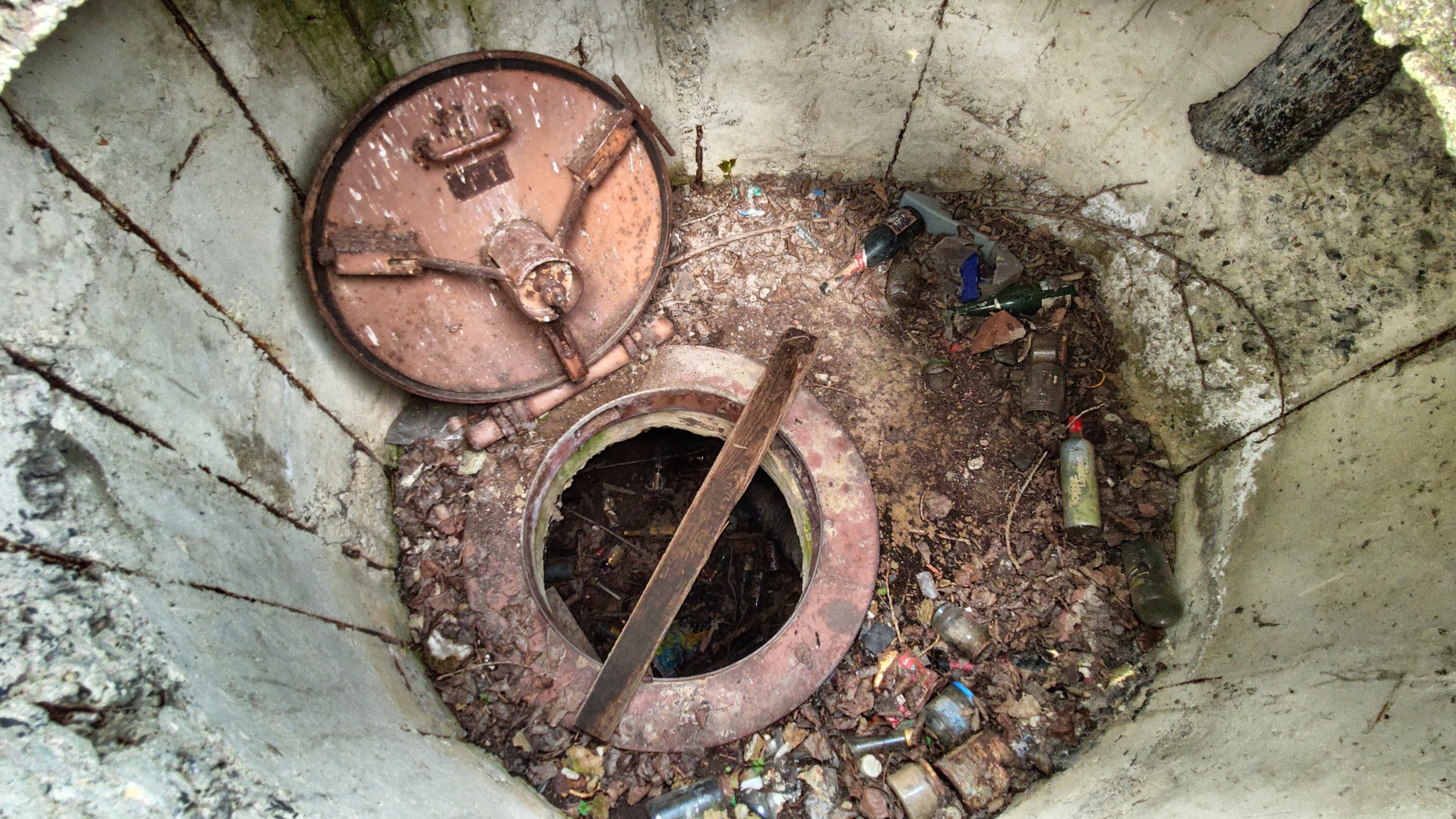
50 meters above the Lake
From above, the half-shells with their ventilation towers and emergency exits are clearly visible – they protrude from the slope like submarines on dry land, 50 meters above Lake Geiseltal.
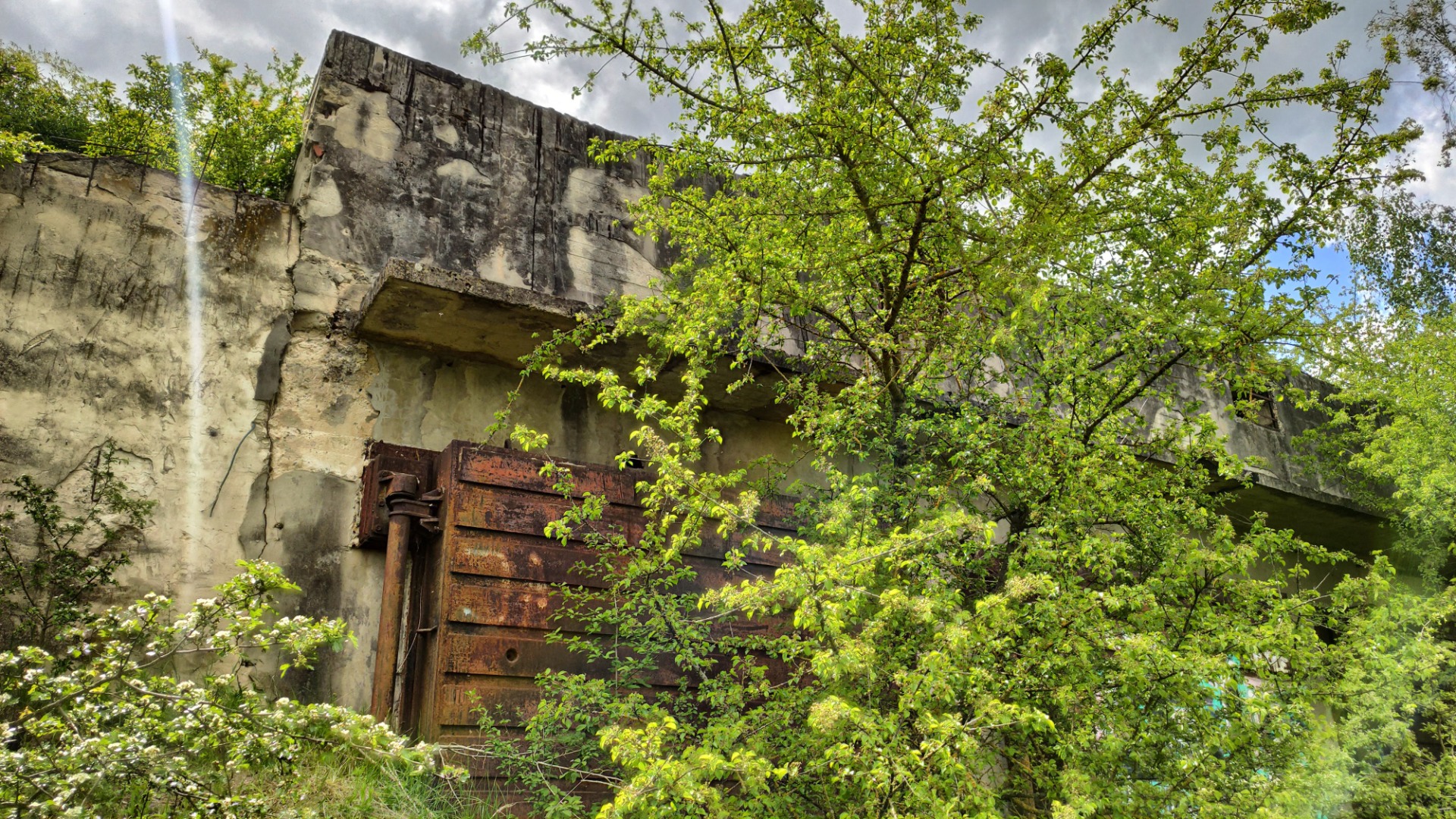
According to contemporary witnesses, the command bunker was intended to take over combat command of the air defense forces in the south of the GDR in an emergency, with automated command and control systems planned at the time. A similar facility was located further north near Gatow in Brandenburg.
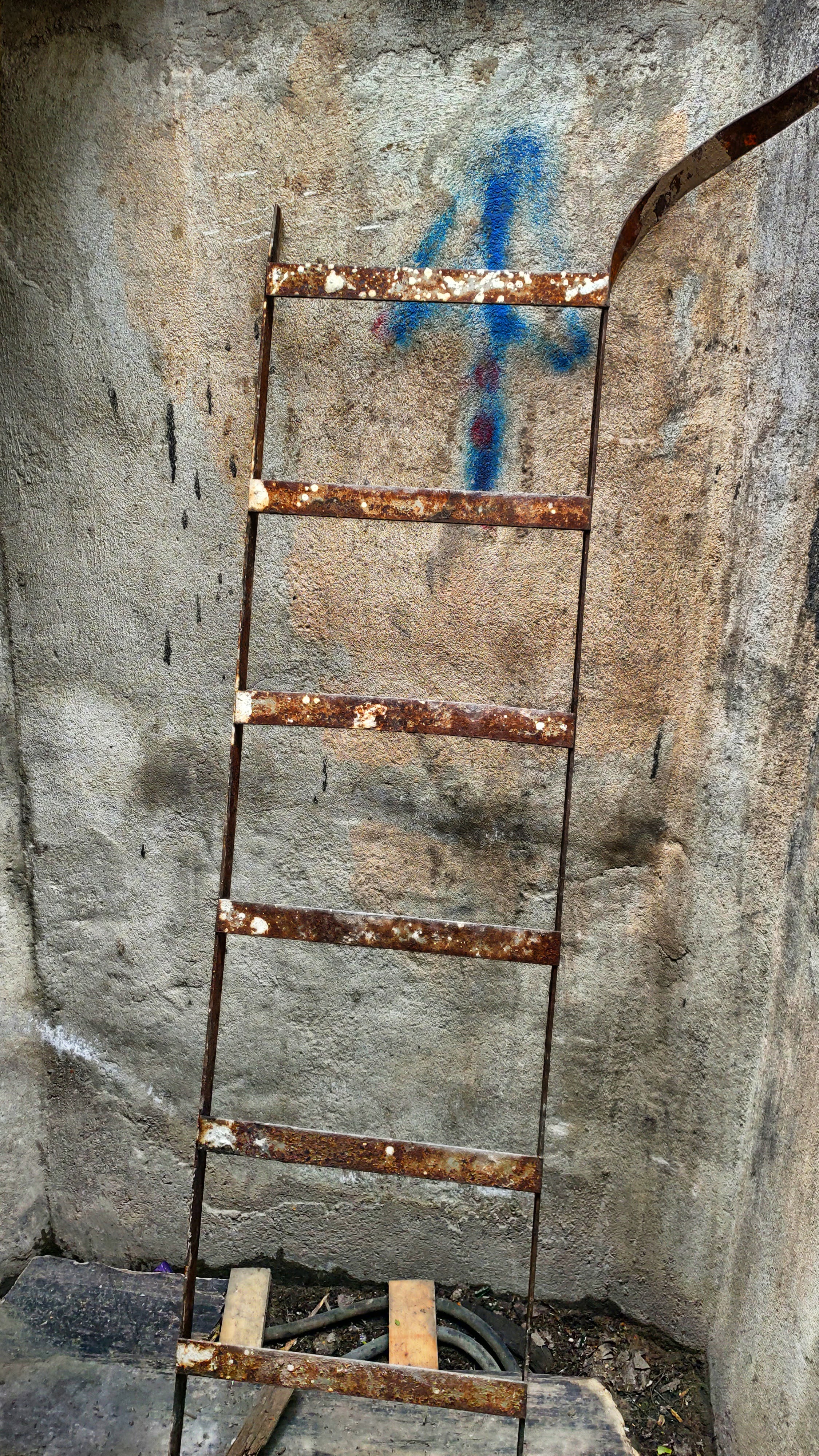
Construction work halted
The facility was never put into operation, however. Remains of the ventilation system lie on the ground, and the generator room is empty. Even before completion, the GDR ended and the decision was made to withdraw all Soviet troops. Construction work was halted.
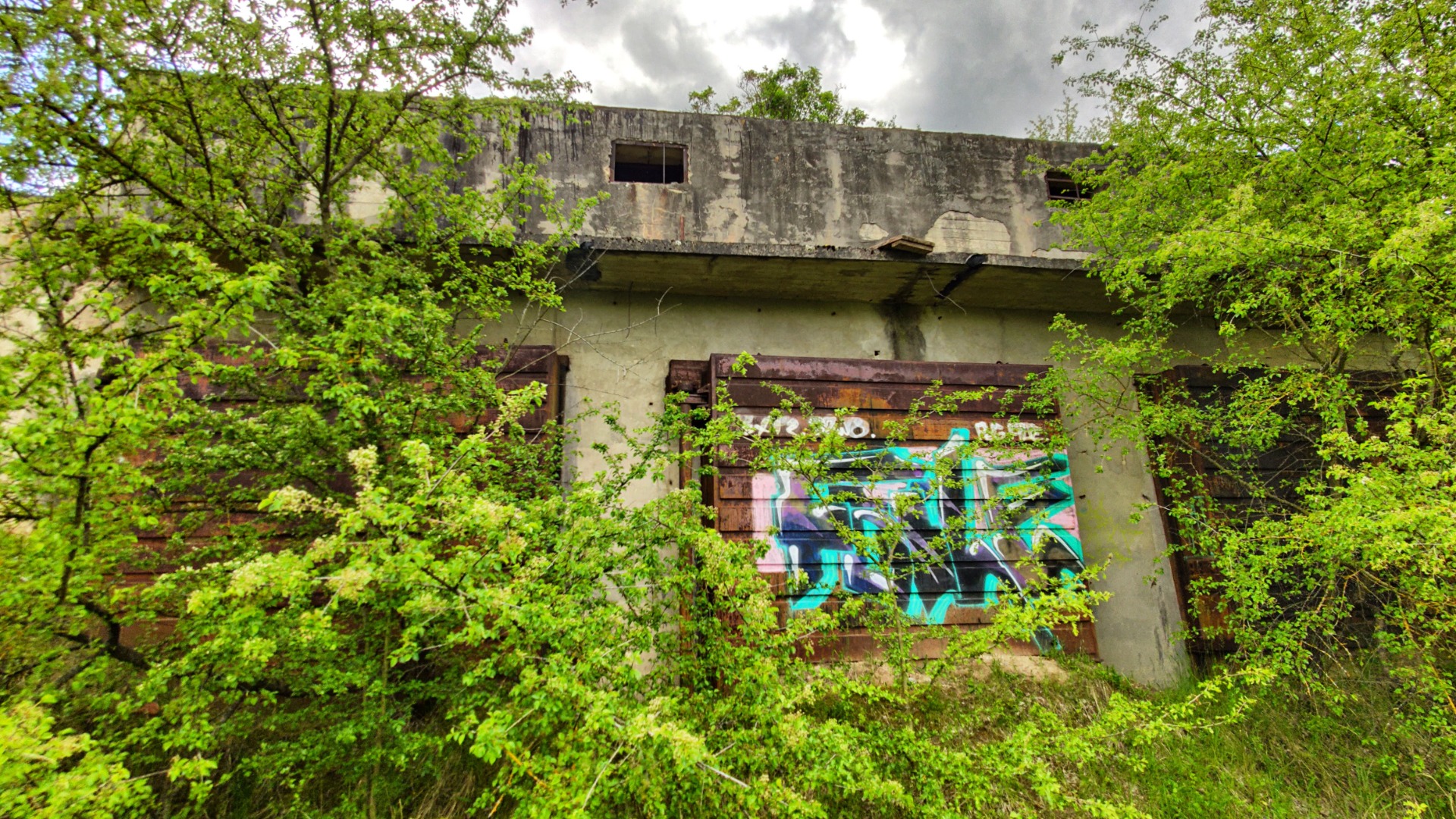
The nearby transmitter station near Klein-Gräfendorf, where the Soviet soldiers were stationed, was cleared out and gutted within a few weeks. Today, a solar power plant stands there.
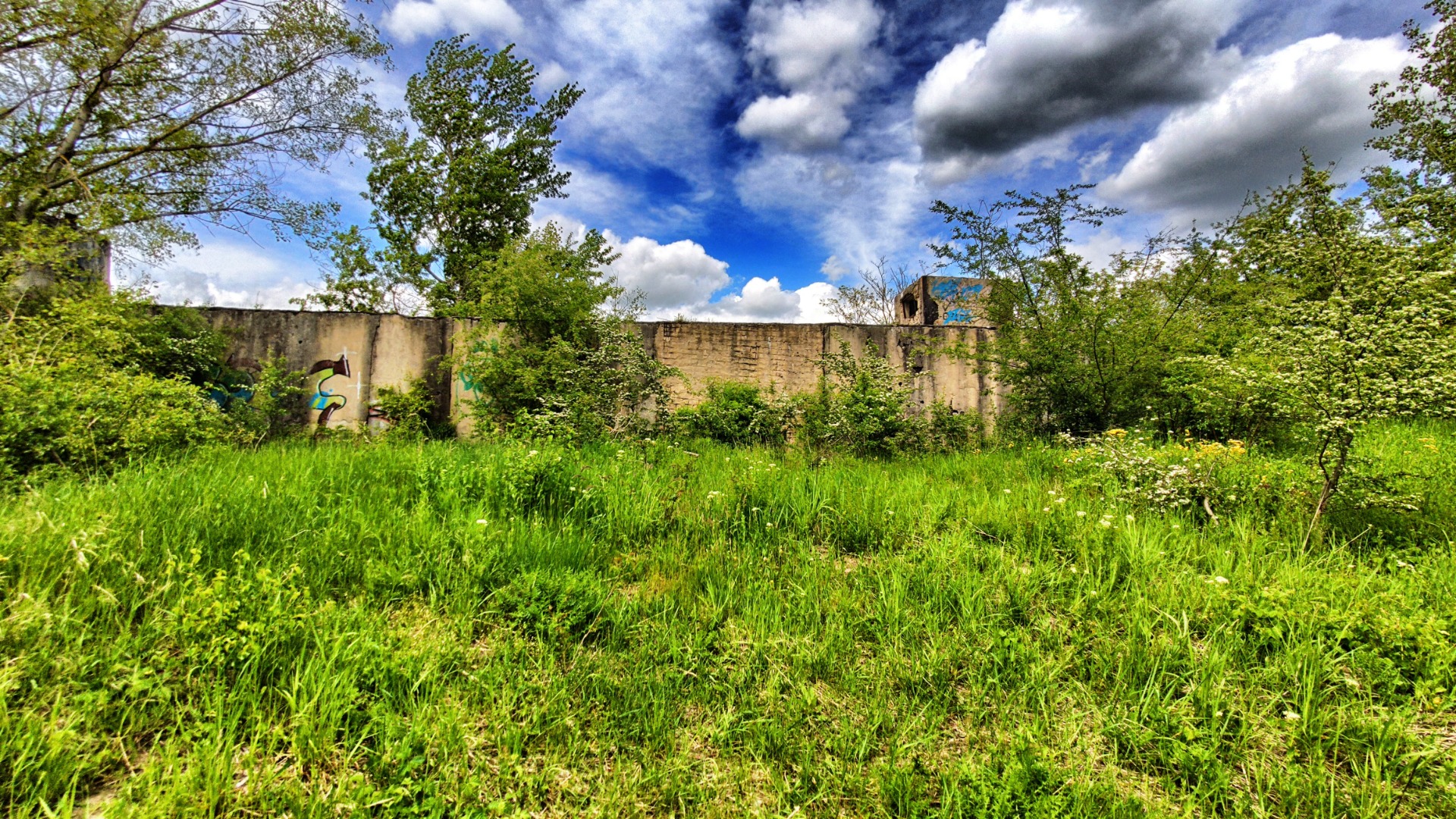
The bunker complex lies hidden in the young forest like a beached whale. The above-ground turrets have been badly nibbled by the wind and weather of the past thirty years, the concrete is crumbling, and bushes are growing out of the cracks. The rusty steel air intakes have disintegrated, and graffiti artists from the surrounding villages have left enigmatic messages on the crudely cemented structures.
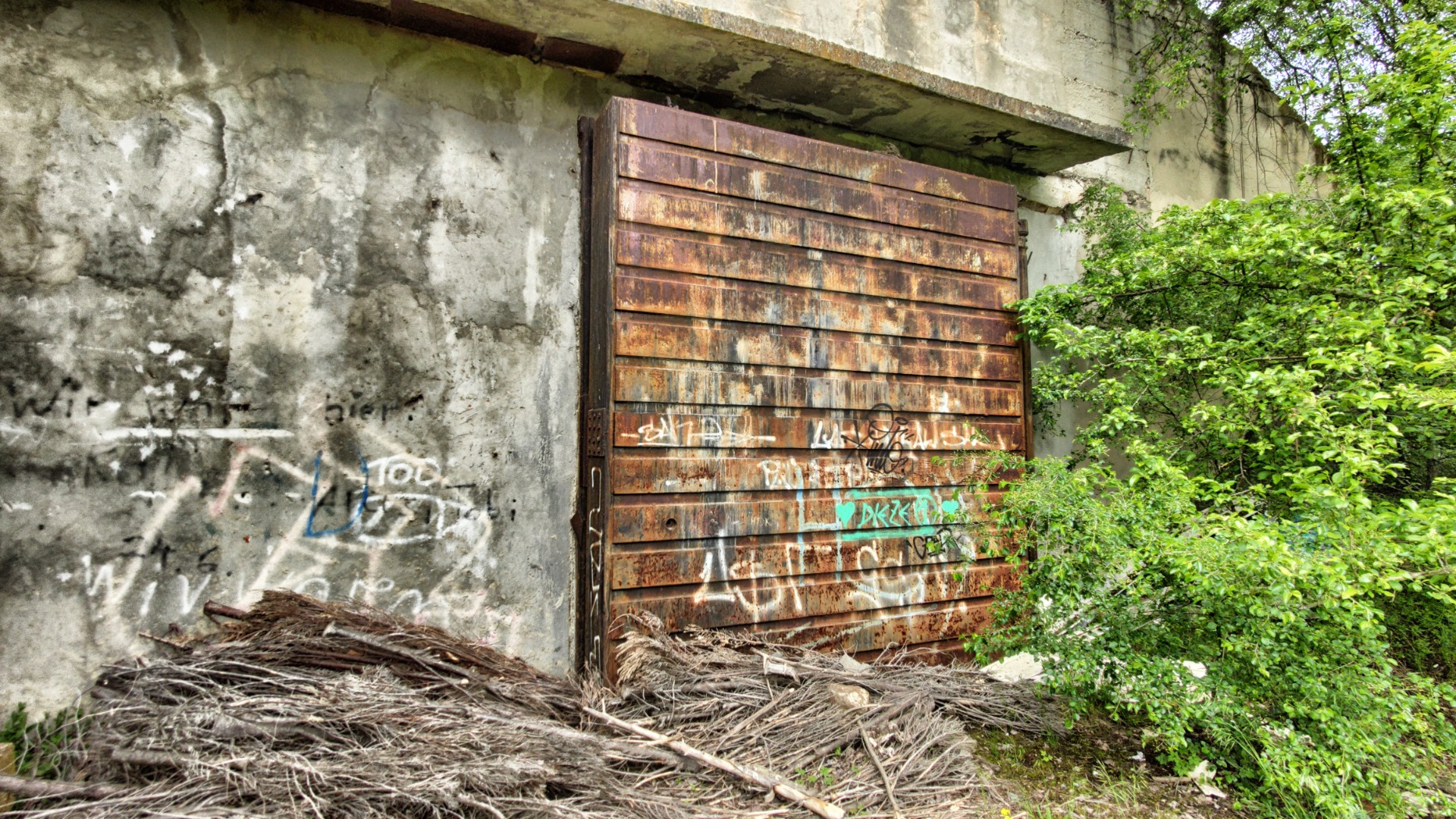
No explanatory sign
There is no explanatory sign, so visitors are mostly left puzzling over the actual function of the facility. The ruins are nevertheless a special tourist attraction in the region: The remains of the UK-27/4 command bunker are a rarely undisturbed, accessible testimony to the final phase of the Cold War in Germany – today a popular tourist destination and simultaneously a silent reminder of bygone times.
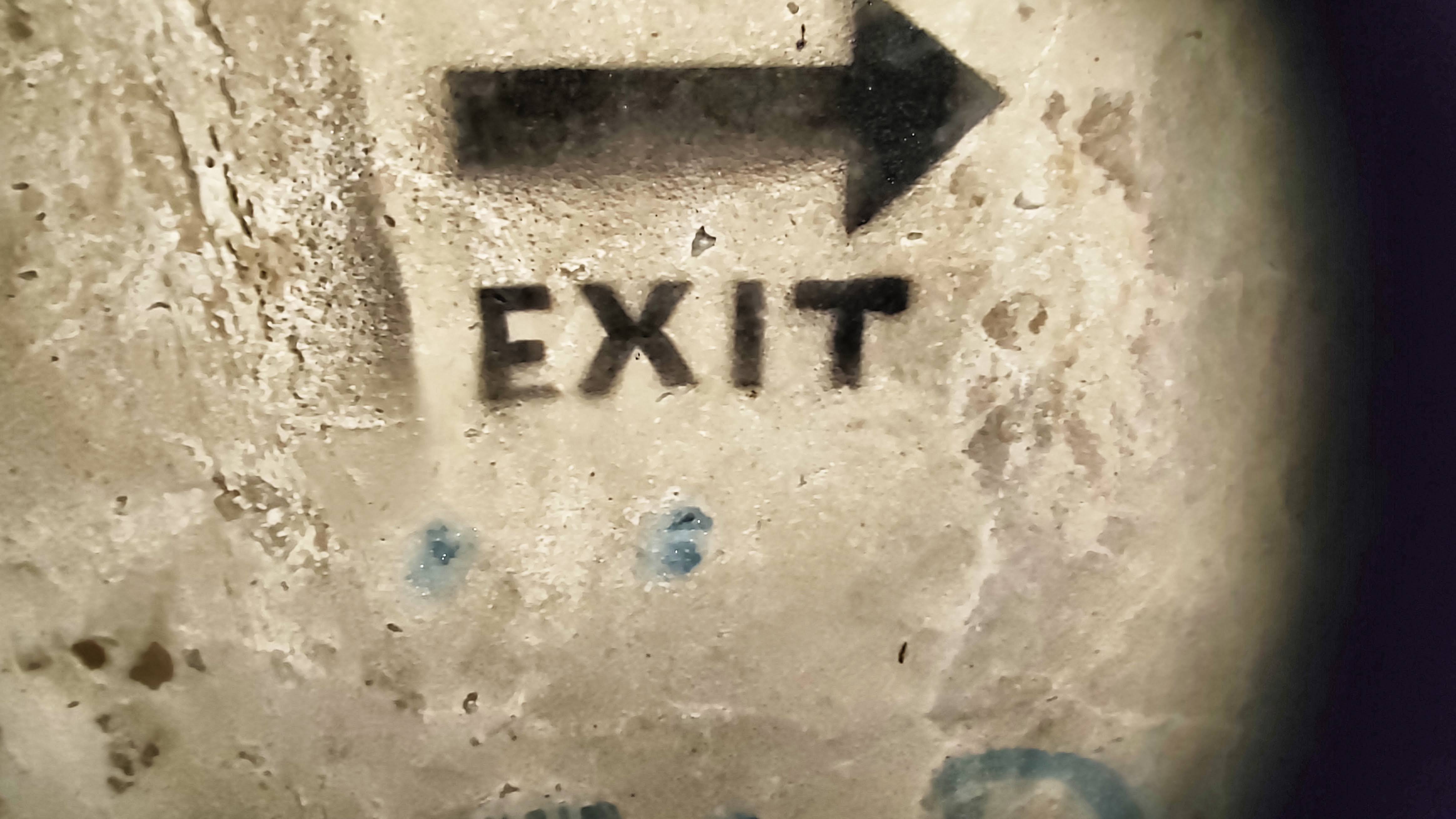
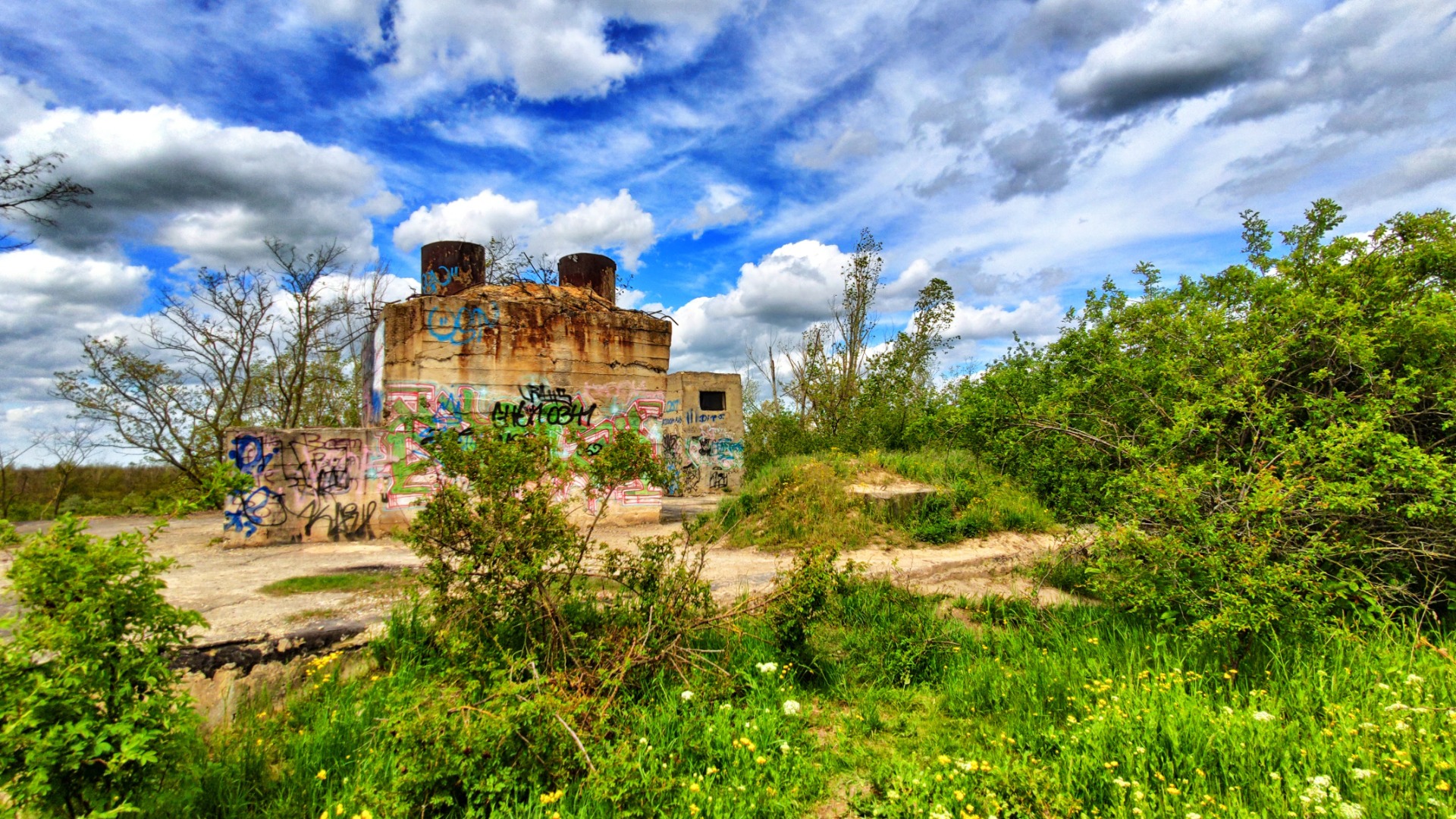
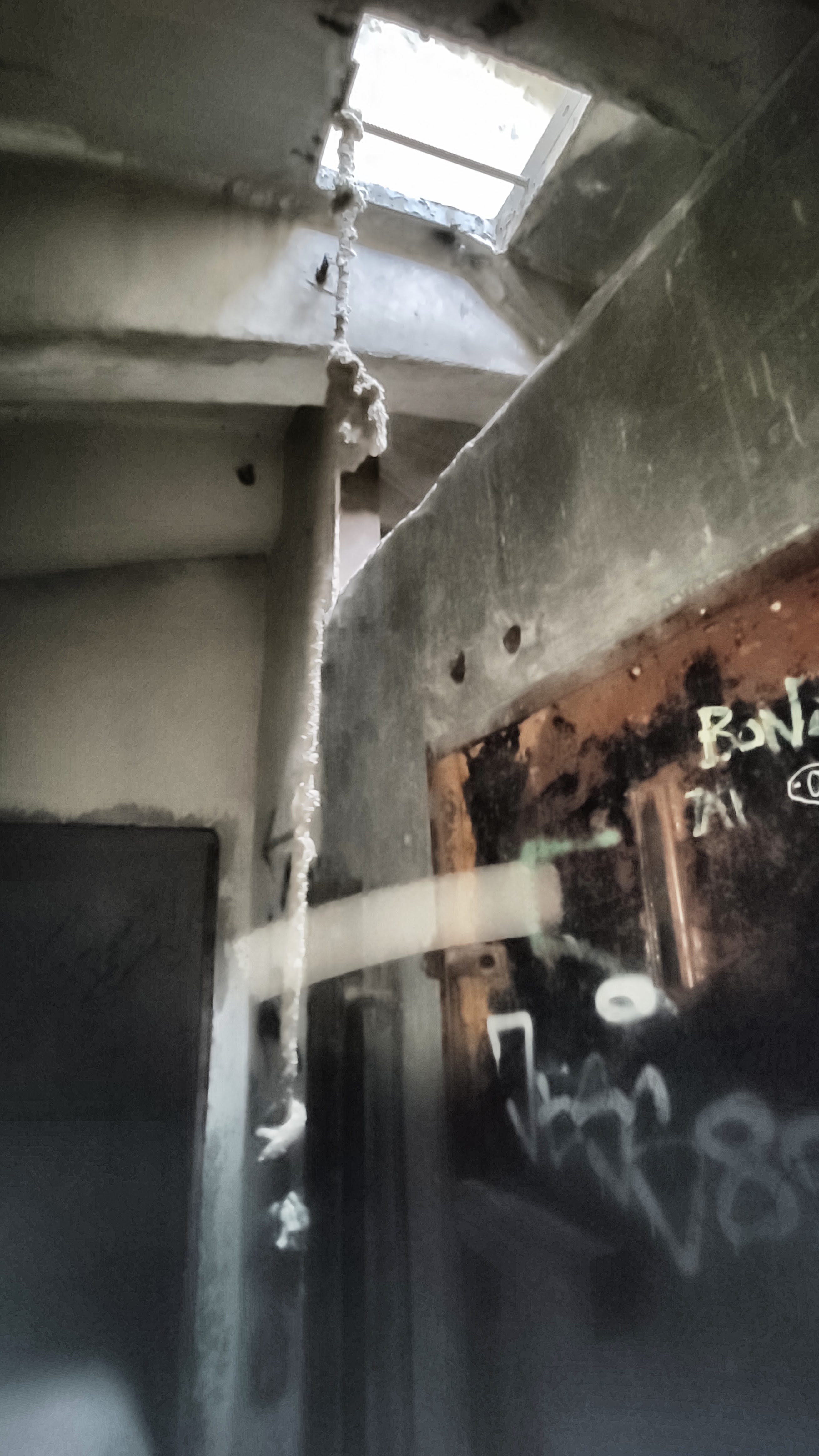
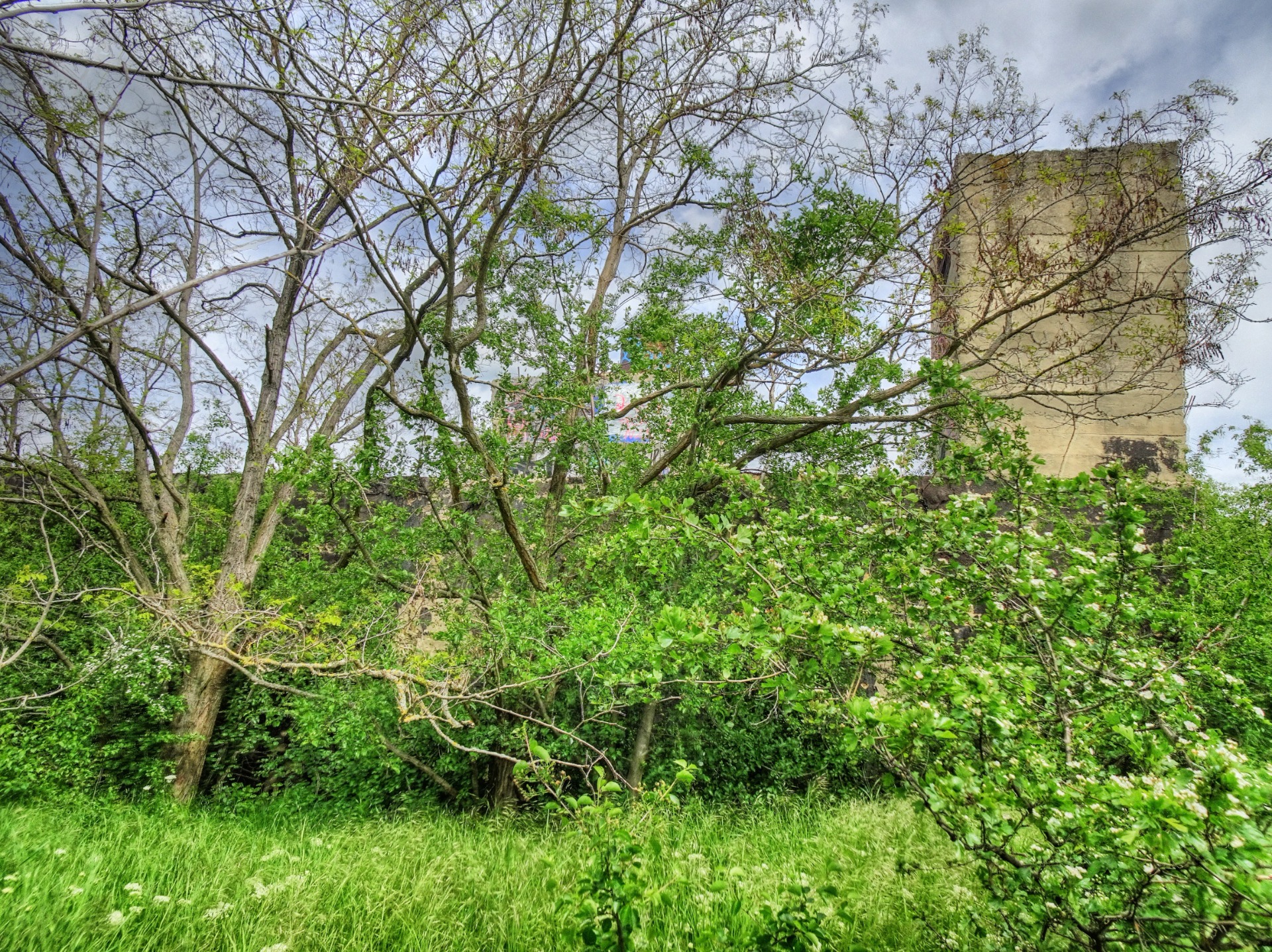
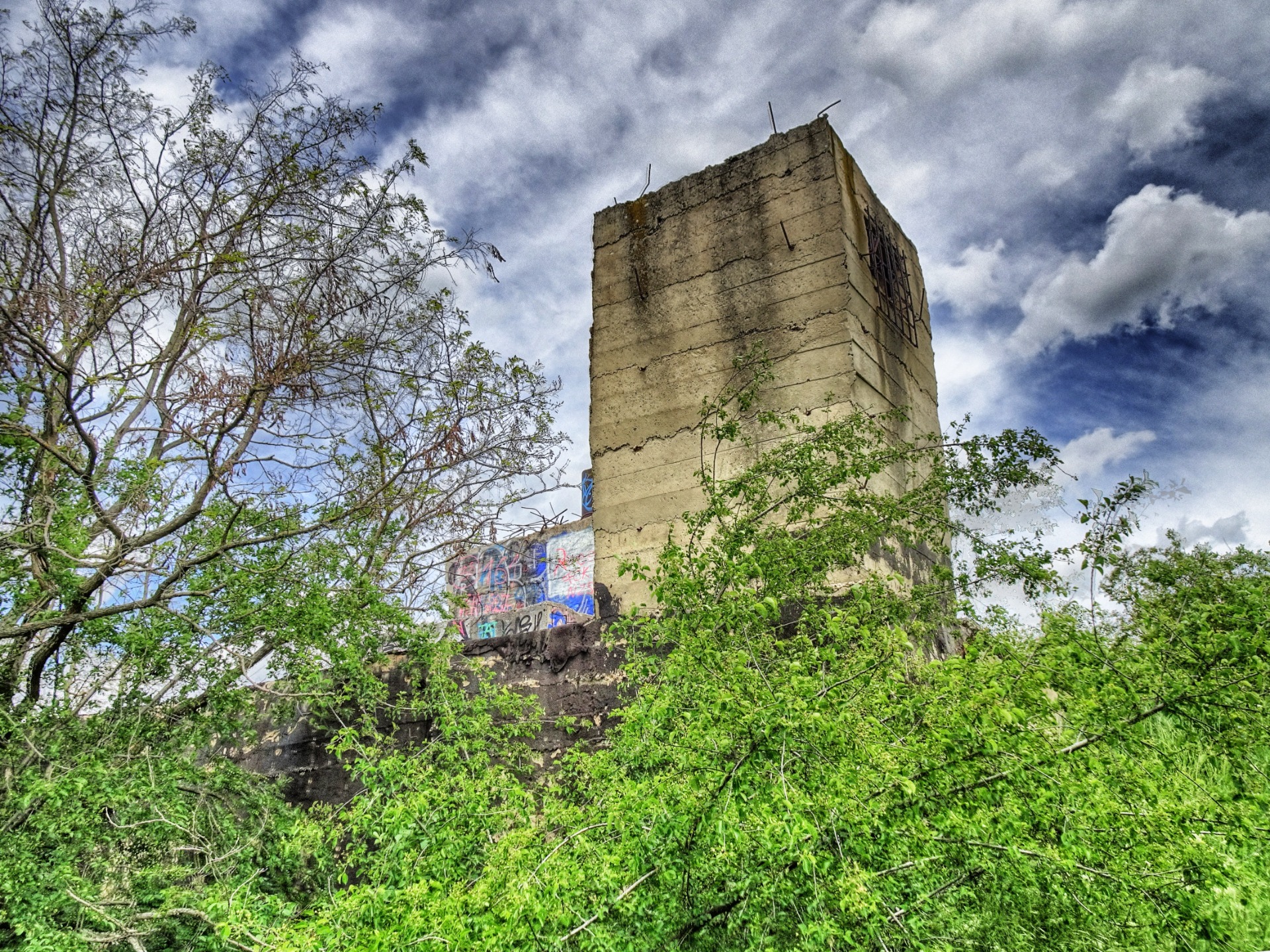
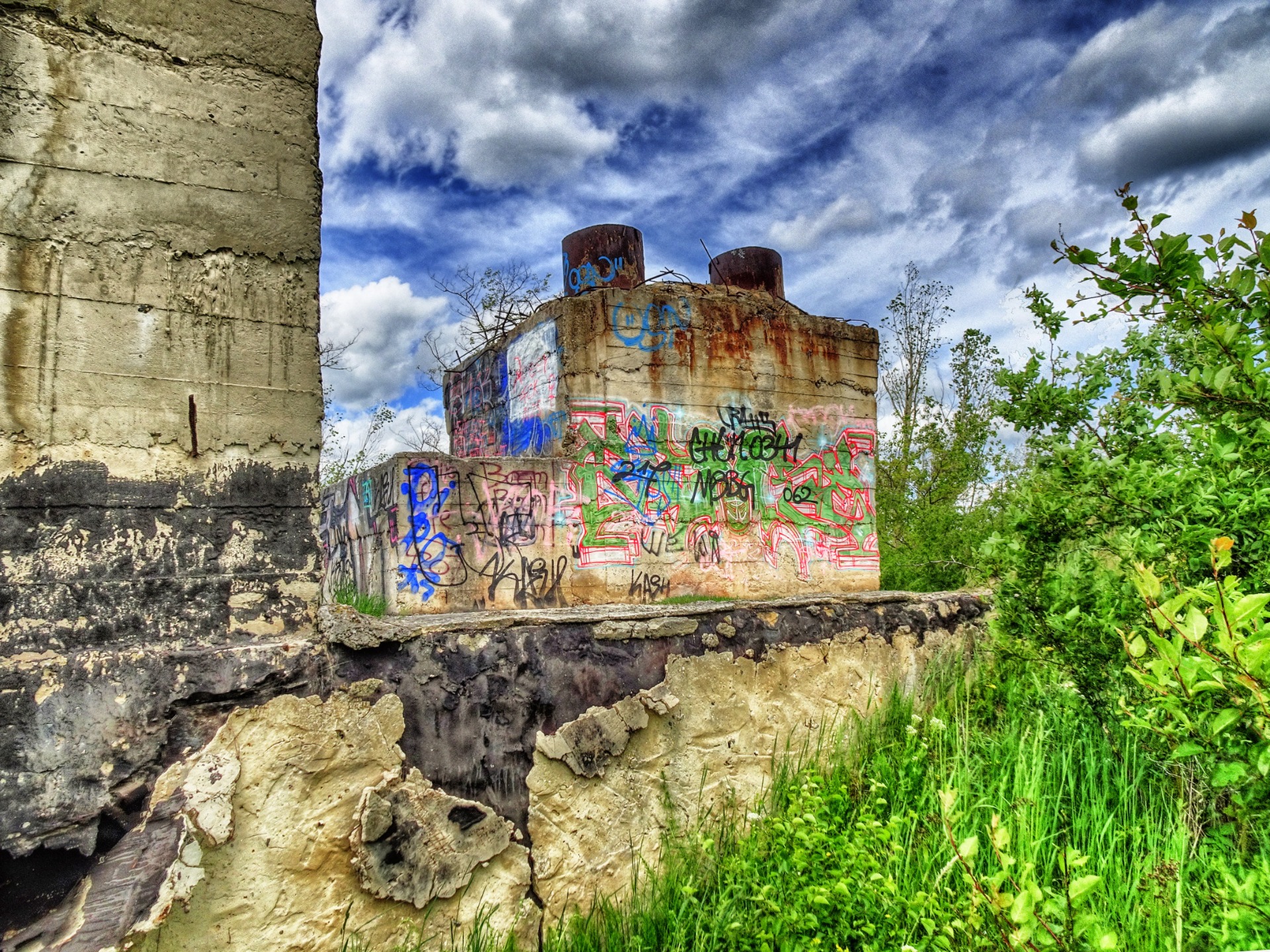
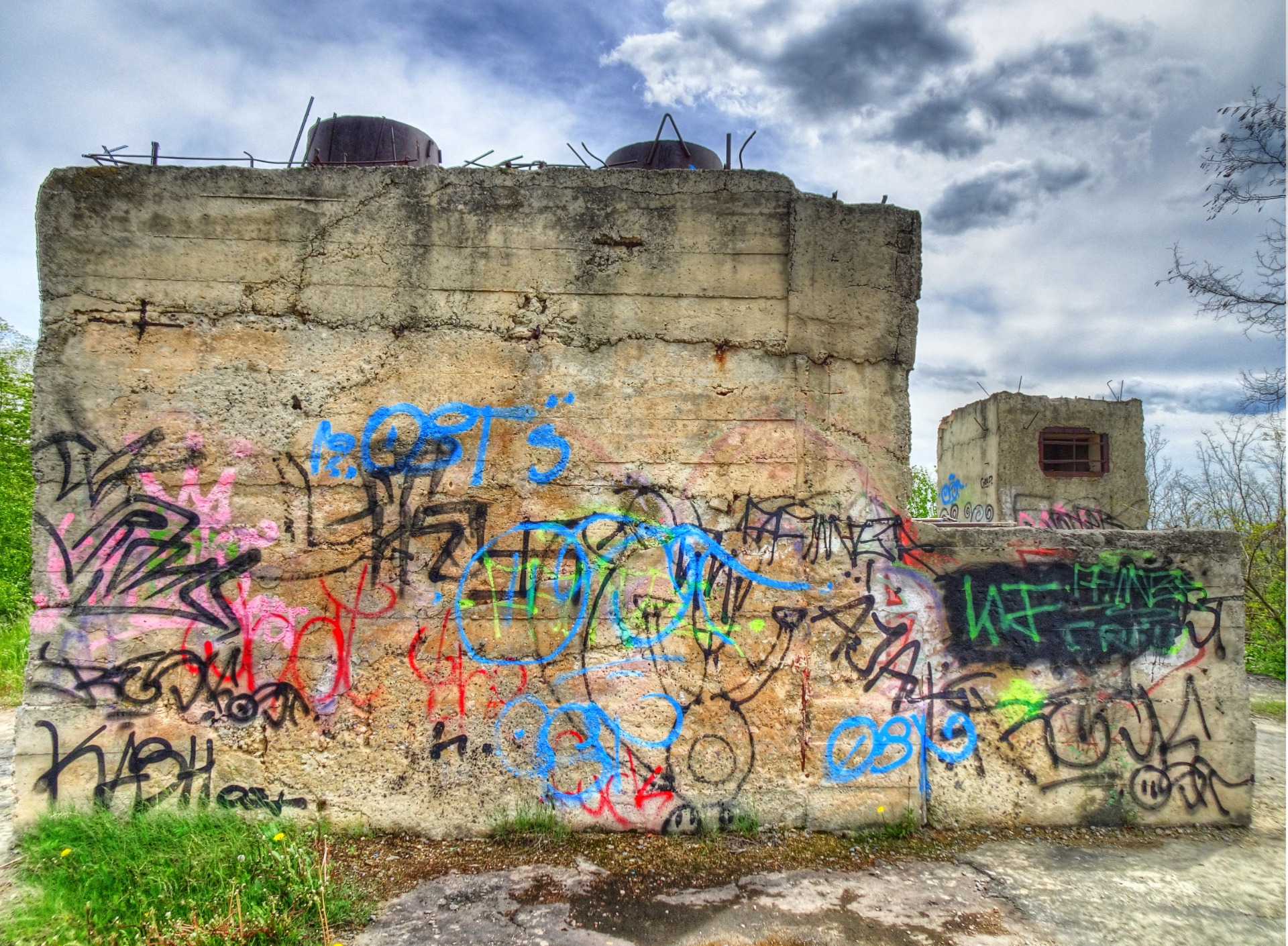
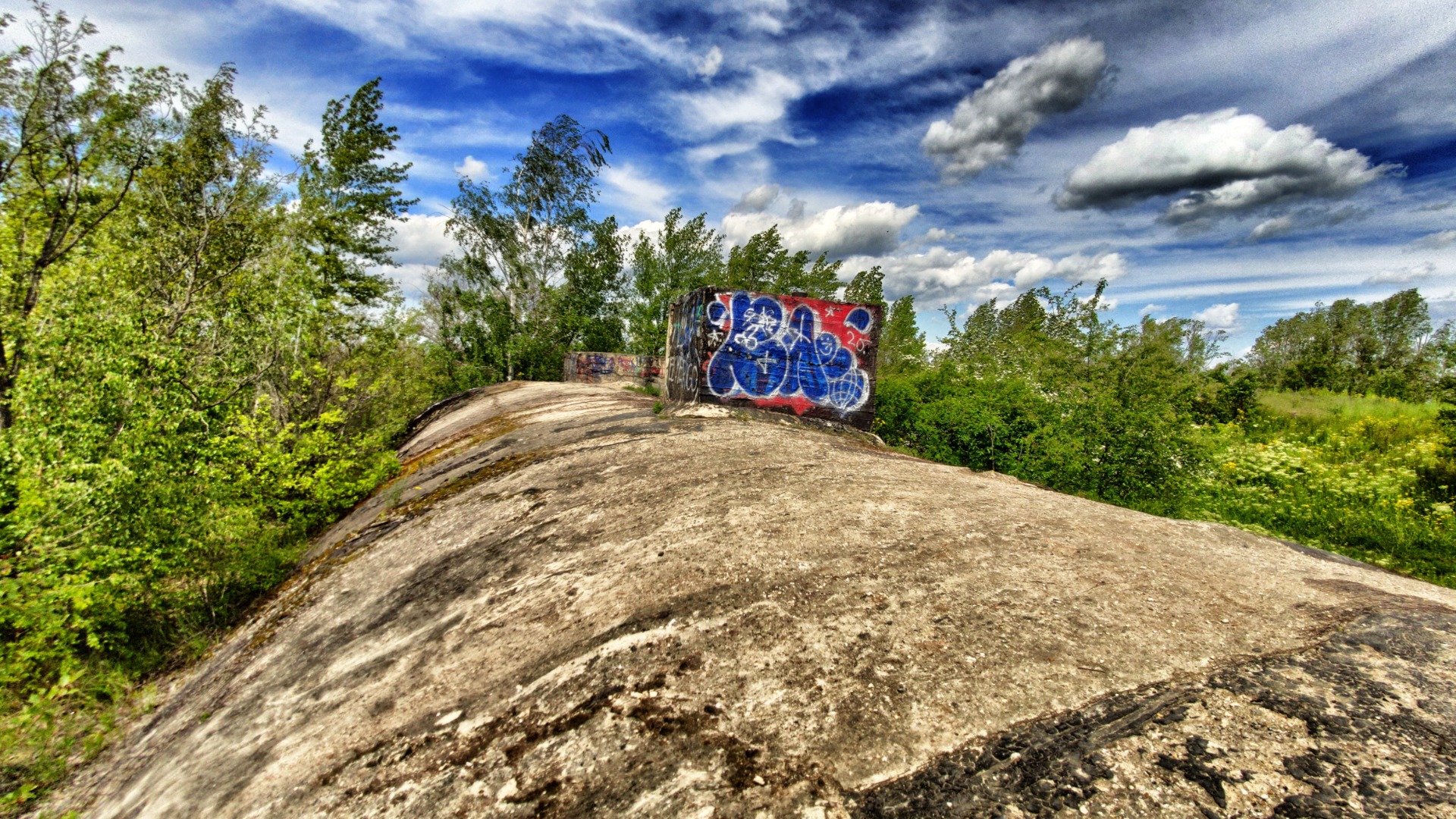
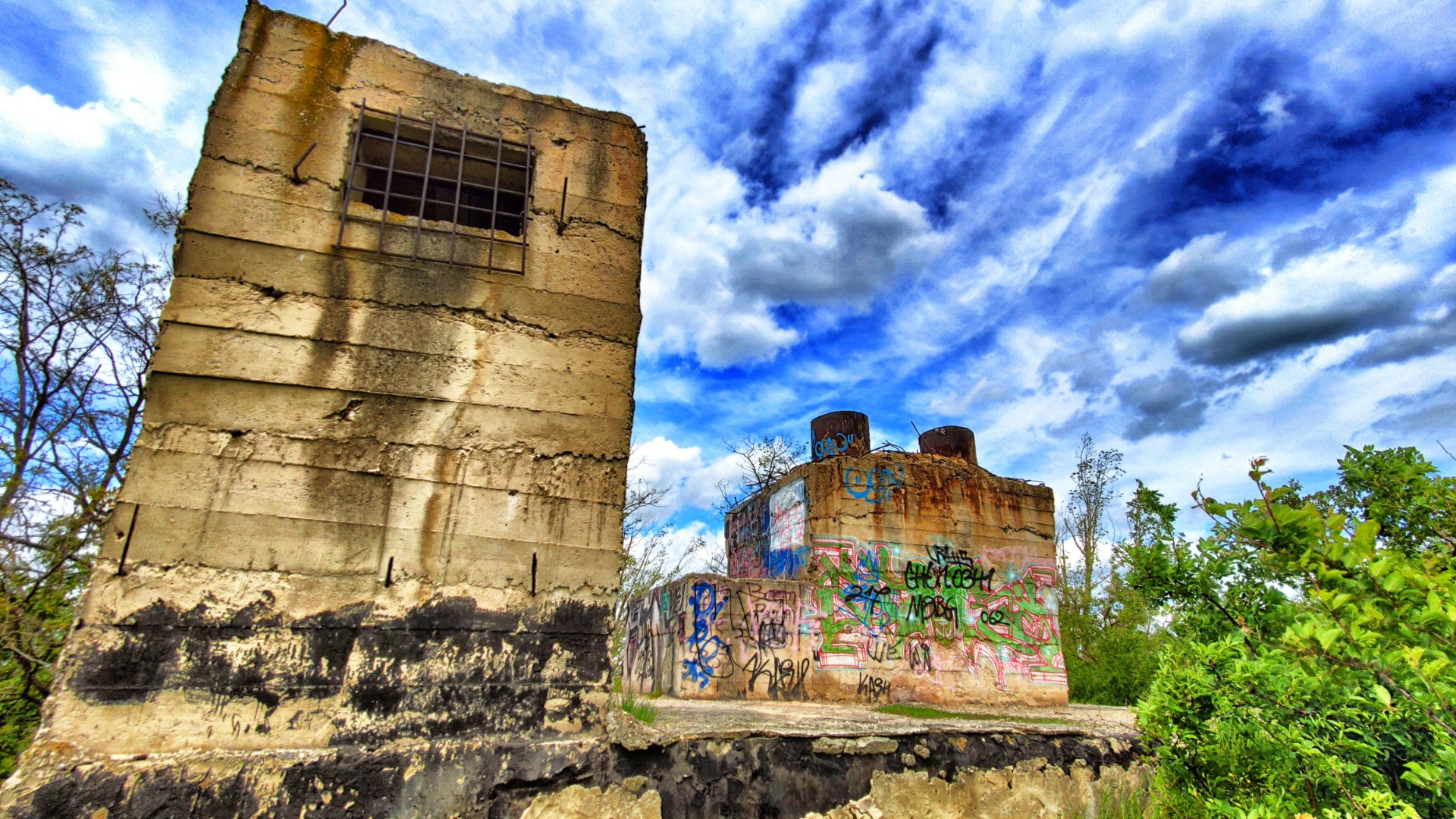
View this post on TravelFeed for the best experience.
